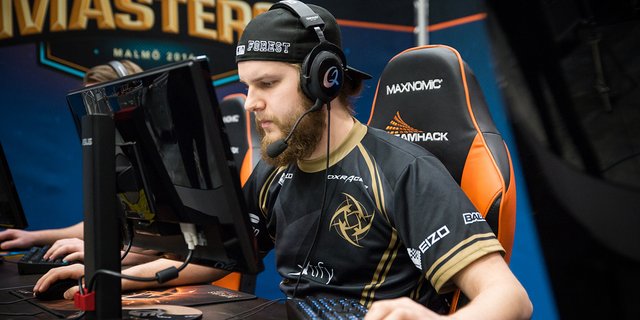Biej Insights
Exploring the latest trends and news around the globe.
Why CSGO Pro Tournaments Are the Newest Form of Sporting Spectacle
Discover why CSGO pro tournaments are captivating millions, redefining what it means to be a sporting spectacle in the digital age!
The Rise of Esports: How CSGO Pro Tournaments Are Redefining Competitive Sports
The rise of esports has transformed the landscape of competitive entertainment, particularly through the success of games like CS:GO (Counter-Strike: Global Offensive). What began as casual matches among friends has evolved into a multi-billion-dollar industry, with professional CS:GO tournaments drawing in millions of viewers worldwide. Major events such as the ESL One and the Intel Extreme Masters showcase not only the skill and strategy involved in gameplay but also the production value similar to traditional sports. These tournaments are broadcast live and often feature substantial prize pools, creating a sense of excitement that rivals established sports leagues.
Moreover, the community around CS:GO has played a pivotal role in its growth, fostering a passionate fanbase that engages with content across various platforms. As esports continues to gain traction, traditional sports organizations are starting to take notice, with many establishing their own CS:GO teams and investing in the infrastructure surrounding competitive gaming. This growing intersection between traditional athletics and esports indicates a major shift in how we define competitive sports, suggesting that performance, strategy, and audience engagement may soon be measured by the same standards, regardless of the medium.

Counter-Strike is a popular series of multiplayer tactical first-person shooter video games that focus on team-based gameplay. In recent years, players have become increasingly interested in CS2 Cases for customizing their gaming experience. The competitive nature of the game, combined with its strategic depth, keeps players engaged and constantly striving for improvement.
Game On: Why CSGO Tournaments Are Captivating Audiences Worldwide
The CSGO tournaments have emerged as a global spectacle, captivating audiences with their intense competition and strategic gameplay. Players from around the world showcase their skills, blocking out distractions and immersing themselves in the heart-pounding action. These tournaments not only draw in countless viewers online but also fill stadiums with fans eager to witness the excitement live. With significant prize pools and global rankings at stake, the stakes are higher than ever, making each match a thrilling experience that keeps fans on the edge of their seats.
Furthermore, the community surrounding CSGO tournaments contributes significantly to their allure. Fans engage in discussions, analysis, and predictions, creating a vibrant ecosystem where the game thrives. Social media platforms buzz with real-time updates and fan interactions, further enhancing the viewing experience. With professional teams and players gaining popularity akin to traditional sports stars, the connection between CSGO and its audience strengthens. Whether you are a hardcore gamer or a casual spectator, the world of CSGO tournaments offers something for everyone, fostering a sense of unity and excitement that is hard to replicate.
Is CSGO the Future of Sports? Exploring the Phenomenon of Pro Gaming Tournaments
In recent years, CSGO (Counter-Strike: Global Offensive) has emerged as a significant player in the landscape of competitive gaming, raising the question: Is CSGO the Future of Sports? This first-person shooter has captivated millions of fans worldwide, turning pro gaming tournaments into spectacular events comparable to traditional sports. Major competitions like the ESL One and the CS:GO Major Championships are drawing in massive audiences, both in-person and via live streams. These tournaments not only showcase the skill and strategy of top players but also offer substantial prize pools, which can rival that of many traditional sporting events.
As we delve deeper into this phenomenon, several factors point towards the eventual recognition of eSports, particularly CSGO, as a legitimate form of competition. Pro gaming tournaments foster a vibrant community where teams and players can thrive, leading to brand sponsorships, media coverage, and even collegiate leagues. Additionally, the accessibility of online platforms reduces barriers to entry, allowing aspiring gamers to hone their skills and potentially pursue a career in this growing industry. The question remains: will CSGO and similar games continue to shape the future of sports, or will they remain a niche form of entertainment? Only time will tell.